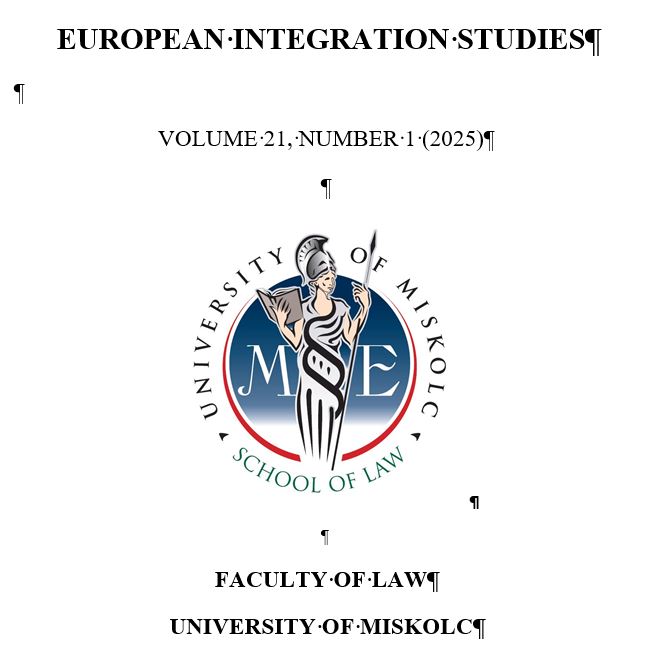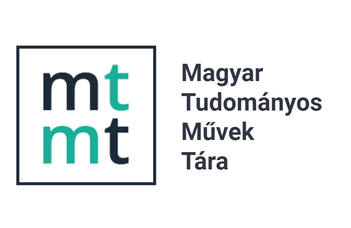The dignity of the conceived child in the teachings of Christian churches and religious associations and in Judaism
DOI:
https://doi.org/10.46941/2025.1.2Schlagworte:
dignity, conceived child, churches and religious associations, Judaism.Abstract
The present study focuses on understanding the dignity of the conceived child by selected churches and religious associations. The discussion was narrowed down to Christian communities and Judaism. These confessions build their doctrines on biblical teachings. The similarities and differences found in the approaches to the status of the unborn child were characterised. The positions of particular confessions have been discussed in the context of the doctrinal principles and legal norms they proclaim.
The question of how the dignity of the unborn child is perceived is crucial as it determines from which moment a human being becomes a subject of rights (in particular, the right to life). Indeed, questioning the dignity of the human person from the moment of conception has important consequences for the quality of life and health of the unborn child. It creates the possibility of treating human foetuses instrumentally, subjecting them to treatments, experiments, or other practices that may violate their personal integrity.
Literaturhinweise
Aleksiejuk, A. (2011) ‘Judaizm wobec animacji ludzkiego embrionu’, Elpis, 2011/13/23-24, pp. 299-315; https://doi.org/10.15290/elpis.2011.23-24.14.
Buller, L. J. (2012) ‘Godność osoby ludzkiej wymiarem podmiotowości człowieka w gospodarce’, Annales. Etyka w życiu gospodarczym, 2012/15/1, pp. 49- 57; https://doi.org/10.18778/1899-2226.15.05.
Chałas, K. (2021) ‘Godność człowieka źródłem celów wychowania i zadań szkoły’, Roczniki Pedagogiczne, 2021/2/23, pp. 33-48; https://doi.org/10.18290/rped21132.3.
Dancák, P. (2017) ‘The Human Person Dignity and Compassion’, Philosophy and Canon Law, 2017/3, pp. 19-31.
Filipiuk, Ł. (2023) ‘Ochrona życia dzieci nienarodzonych w nauczaniu Kościołów katolickiego i luterańskiego’, Studia Oecumenica, 2023/23, pp. 227–246; https://doi.org/10.25167/so.5046.
Jaskólska, J. (1998) ‘Treść Powszechnej Deklaracji Praw Człowieka’, Człowiek w kulturze, 1998/11, pp. 49-97.
Judaism and abortion - https://chabad.org.pl/judaizm-a-aborcja/ (accessed on: 30.08.2024);
Krajewska, A. (2006) ‘Pojęcie godności w prawie europejskim i porządkach krajowych w kontekście rozwoju biomedycyny’, Problemy Współczesnego Prawa Międzynarodowego, vol. 4, pp. 121-145.
Mazurek J. F. (1988) ‘Godność człowieka a prawa człowieka’, Roczniki Nauk Społecznych, 1988/VIII, pp. 19-48.
Mazurek, J. F. (1993) ‘Godność osoby ludzkiej podstawa praw człowieka, Lublin 2001; idem, Godność osoby ludzkiej, jako wartość absolutna’, Rocznik Nauk Społecznych, Lublin, 1993/1, pp. 261-271.
Mazurek, J. F. (1996) ‘Pojęcie godności człowieka. Historia i miejsce w projektach Konstytucji III Rzeczypospolitej’, Roczniki Nauk Prawnych, 1996/1, pp. 5-41.
Mizgalski, J. (2017) ‘Wpływ żydowskiego prawa religijnego na życie codzienne dziewiętnastowiecznej społeczności żydowskiej w Częstochowie - Wybrane problemy’ in Mizgalski, J., Spyra, J. (eds.) Dzieje ludności żydowskiej w regionie częstochowskim, Częstochowa: Jan Długosz Academy, pp. 199-233.
Mniszka, N. A. (2020) ‘Nienarodzone dzieci – świętość życia poczętego. Aspekt teologiczny i moralny aborcji’, Latopisy Akademii Supraskiej, 2020/11, pp. 241-250.
Ochman, A. (2020) ‘Problem godności w katolickiej nauce społecznej na przykładzie myśli Franciszka Janusza Mazurka’, Studia Bobolanum, 2020/2/31, pp.145-162; https://doi.org/10.30439/2020.2.7.
Olszewska, J., Czerwińska-Osipiak, A., Michalik, A., Kunat, K. (2013) ‘Spojrzenie na ciążę i poród przez pryzmat różnych religii’, Nursing Problems / Problemy Pielęgniarstwa, 2013/4/21, pp. 534-541.
Potrzeszcz, J. (2005) ‘Godność człowieka w orzecznictwie polskiego Trybunału Konstytucyjnego’, Roczniki Nauk Prawnych, 2005/1/XV, pp. 27- 49.
Rzewuski, M. (2007) ‘Definicja dziecka w Polsce. uwagi de lege lata i de lege ferenda’, Rejent, 2007/4(192)/17, pp. 186–191.
Strządała, A. (2019) ‘Bioetyka żydowska wobec początków i końca życia’, Medycyna Nowożytna, 25(1), pp. 7-26; https://doi.org/10.4467/12311960MN.19.001.10754.
Wojcieszek, A. (2021) ‘O poszanowaniu godności człowieka na przykładzie polskich gwarancji jej ochrony oraz orzecznictwa Sądu Najwyższego Stanów Zjednoczonych Ameryki’, Studia Iuridica Lublinensia, 2021/5, pp. 701-721; https://doi.org/10.17951/sil.2021.30.5.701-721.
EU (2007a) The Charter of Fundamental Rights of the European Union (OJ EU. C. 2007.3.1), [Online]. Available at: https://rm.coe.int/16802f5eb7 (Accessed: 22 August 2024).
EU (2007b) Explanations relating to the Charter of Fundamental Rights (OJ EU. C.303.17), [Online]. Available at: https://eur-lex.europa.eu/LexUriServ/LexUriServ.do?uri=OJ:C:2007:303:0017:0035:EN:PDF (Accessed: 22 August 2024).
UN (1948) The Universal Declaration of Human Rights of 10 December 1948, [Online]. Available at: https://libr.sejm.gov.pl/tek01/txt/onz/1948.html (Accessed: 22 August 2024).
UN (1966a) The International Covenant on Civil and Political Rights opened for signature in New York on 19 December 1966, [Online]. Available at: https://www.ohchr.org/sites/default/files/ccpr.pdf (Accessed: 22 August 2024).
UN (1966b) The International Covenant on Economic, Social and Cultural Rights opened for signature in New York on 19 December 1966, [Online]. Available at: https://www.ohchr.org/sites/default/files/cescr.pdf (Accessed: 22 August 2024).





